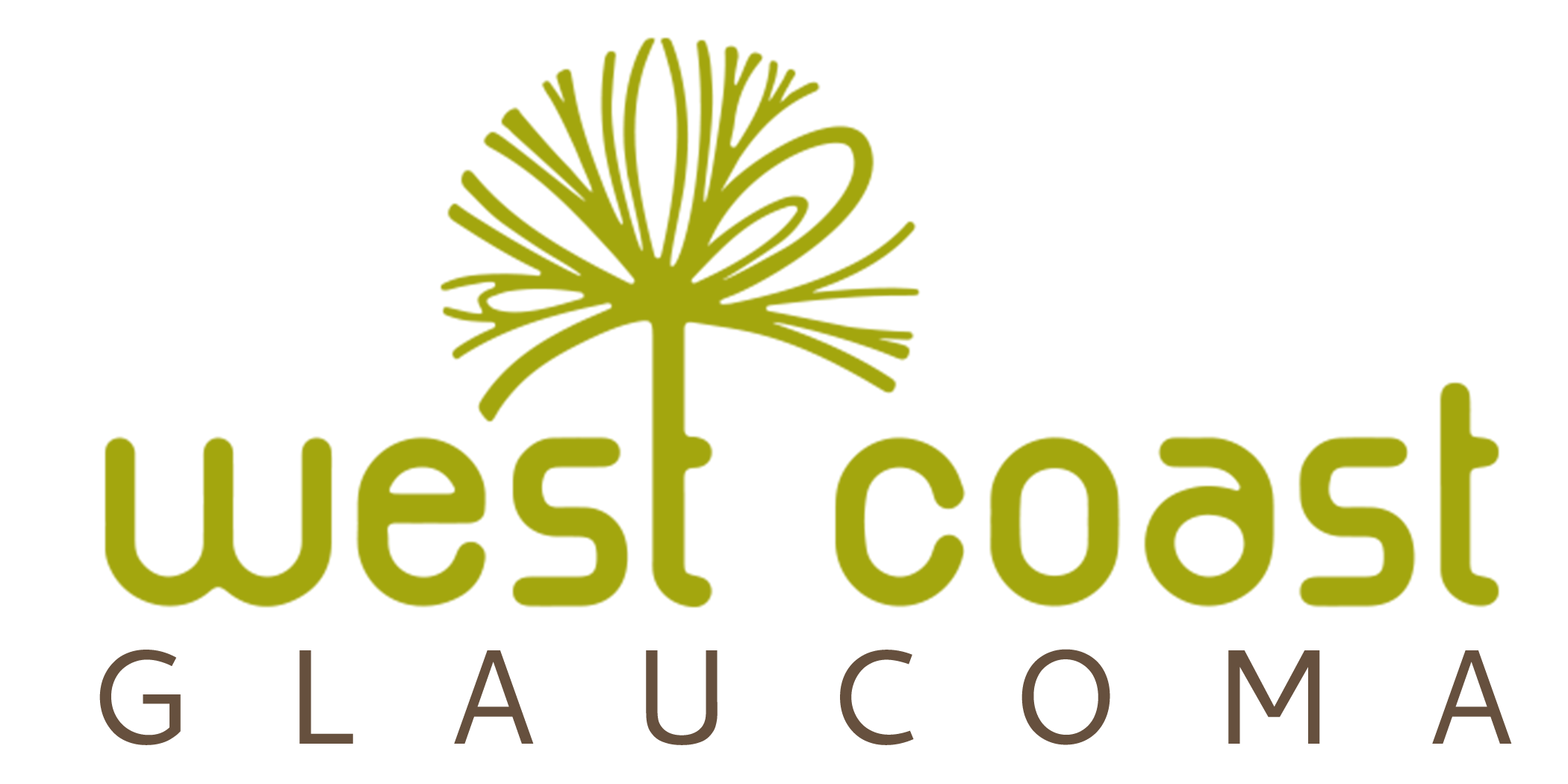If you have glaucoma and medications and laser surgeries do not lower your eye pressure adequately, your ophthalmologist (Eye M.D.) may recommend a procedure called a trabeculectomy. This procedure is often performed with use of an anti-scarring medication to reduce the risk of scarring in certain patients. There is also an option to implant an Optonol ExPress mini-shunt under the flap which may reduce the short term complications of the surgery. Despite the advent of newer Minimally Invasive Glaucoma Surgeries (MIGS), there is no glaucoma surgical procedure that can achieve eye pressures as low as can be achieved with a trabeculectomy.
In this procedure, a tiny drainage opening is made underneath a flap or trap-door of the sclera (white of the eye.) The new opening allows fluid to flow underneath the edges of the flap to raise a filtering area in the overlying conjunctiva called a bleb. The bleb is mostly hidden under the eyelid and is often quite low and spread over a large area. The aqueous humor diverted to the bleb then evaporates through the conjunctiva and gets re-absorbed by surrounding blood vessels. When successful, the procedure will lower your intraocular pressure (IOP), minimizing the risk of vision loss from glaucoma. The surgery is performed in an operating room on an outpatient basis.
Some of the risks and complications from trabeculectomy surgery include the following:
- failure to control intraocular pressure, with the need for another operation;
- infection;
- bleeding in the eye;
- swelling in the eye;
- irritation or discomfort in the eye;
- eye pressure that is too low;
- cataract (in cases where cataract has not already been removed); and
- decreased or lost vision.
Antimetabolites
Certain medications, called antimetabolites, were originally developed to help treat some kinds of cancer. These same medications have also been found to be helpful when used with some types of glaucoma surgery.
These medicines may be applied to the eye during or after the surgery to reduce the growth of scar tissue, a common cause of failure in glaucoma surgery. Mitomycin-C and 5-fluorouracil (5-FU) are the most commonly used antimetabolites for glaucoma surgery. When these antimetabolites are used with other medications that reduce inflammation, the success rate of surgery is greatly improved, especially for patients who are at high risk for excessive scarring.
Your ophthalmologist may consider using antimetabolite medicines with your glaucoma surgery if:
- you are having surgery on an eye that has been operated on before;
- you have inflammation in your eye (called uveitis);
- you have glaucoma due to new blood vessel formation within the eye;
- you are having glaucoma and cataract surgery at the same time;
- you are relatively young;
- you have more deeply pigmented skin; or
- your eyes are at risk for postoperative scarring.
In addition to the usual complications of glaucoma surgery, other risks associated with using antimetabolites include:
- eye pressure that is too low;
- leaking incisions;
- slower healing of the cornea;
- blurred vision;
- fluid in or behind the retina;
- thinning of the eye tissues; and
- infection.
If your ophthalmologist has decided to use antimetabolite medications, he or she will explain why they are recommended for you.
Optonol ExPress mini-shunt
There is some evidence suggesting that implanting a stainless steel shunt under the scleral flap through a small opening, avoiding cutting the internal aspect of the sclera or the iris, results in a more predictable early post-operative recovery period. The longterm success appears to be equal but this more stable first couple of months is sometimes worth the extra expense of the shunt in suitable patients.
While some people may experience side effects from medications or surgery, the risks associated with these side effects should be balanced against the greater risk of leaving glaucoma untreated and losing your vision.
(c) 2015, 2009 Robert M Schertzer, MD, MEd, FRCSC based on 2007 The American Academy of Ophthalmology
